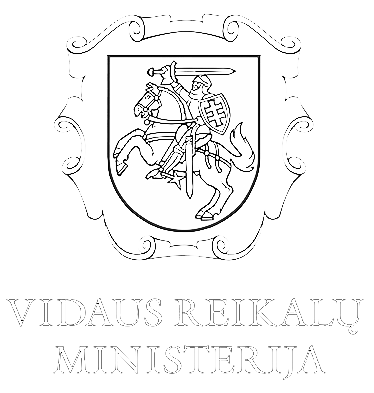Identity & Single Sign on Solutions

What We Did
NETAIS STORK 2.0
Secure Identity Across Borders Linked (STORK) project makes it possible for millions of EU citizens who are resident in a Member State other than their own (or work in one country and live in another one) to access online public services wherever they are located.
The national electronic identity certificate system (NETAIS) is based on STORK 2.0 protocol and enables people and businesses to use their own national electronic identification schemes to access public services in other EU countries where eIDs are available. NETAIS system integrates with other Member States using STORK 2.0 protocol and ensures top level security standards for signing and transmitting authentication data to and from other Member States. Software ensures the highest level of security by utilizing such solutions as SAML 2.0 message signing, storing certificates and private keys in Hardware Security Modules (HSM).
NETAIS eIDAS
Electronic IDentification, Authentication and Trust Services (eIDAS eID) are based on results of STORK 2.0 pilot project and stride to reach mutual recognition of national electronic identification (eID) schemes (including smartcards, mobile and log-in), allowing citizens of one European country to use their national eIDs to securely access online services provided in other European countries.
The mutual recognition of eID schemes across Europe is mandated by the eIDAS Regulation. The Regulation states that all online public services requiring electronic identification assurance corresponding to a level of 'substantial' or 'high' must be able to accept the notified eID schemes of other EU countries.
The national electronic identity certificate system (NETAIS) maintains two infrastructures:
- STORK 2.0 infrastructure to enable authentication using STORK 2.0 protocol;
- eIDAS eID infrastructure and eIDAS Node to enable authentication using eIDAS protocol.
Centralised User Authentication Portal
Centralised User Authentication Portal (BAP) is a user authentication portal that includes a common user management functionality. BAP authentication and authorization services are provided to the Customs Information Systems of the Republic of Lithuania (MIS) and to the European Commission's central systems (EK).
Economic activities executors can also manage their list of representatives, manage the rights of who can work with both the MIS and the EK central systems, to register agreements with other economic activities executors for their representation at the customs.
More Projects:
Integrated Information System of Penal Process
It's a system, used for storing and organizing data of pre-trial investigation from its beginning till all the data is transferred to court (end of pre-trial investigation).

